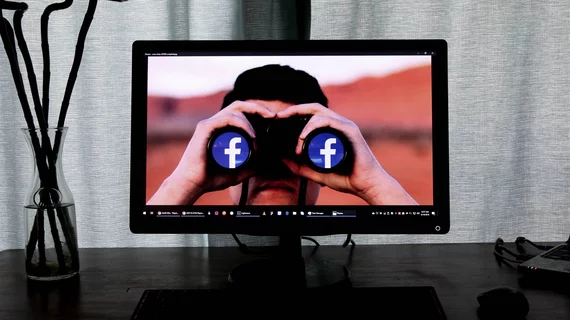How the White House outsourced coronavirus recommendations to Facebook
Jared Kushner, President Trump’s son-in-law and senior advisor, is taking on an increasingly bigger role in the fight against the coronavirus, or COVID-19, pandemic in the U.S. One step he recently took was reaching out to the father of supermodel Karlie Kloss, who is married to Kushner’s brother.
Kurt Kloss, MD, an emergency room doctor, turned to a Facebook group of fellow emergency room doctors to ask for input. Kloss then sent Kushner 12 recommendations on March 12. The entire progression was reported by Politico, outlining the unusual way the White House is looking for help on the coronavirus.
“The Facebook crowd-sourcing exercise showed how Trump‘s team is scrambling for solutions to confront the outbreak after weeks of criticism for the administration's sluggish response, a shortage of tests and the president’s own rhetoric downplaying the pandemic,” Politico reported.
The Facebook group, called EM Docs, has about 22,000 members and requires credentials before members can join, Politico reported. Kloss’ original posts asking how the ER physicians would combat the COVID-19 outbreak have since been removed. A White House official made a point to note Kushner “is not in charge of coronavirus research” to Politico.
The Facebook requests from Kloss, who cited a direct contact with the White House in his posts, come after the World Health Organization declared COVID-19 a pandemic and President Trump enacted stricter travel restrictions from China and European countries.
See the full story below:

